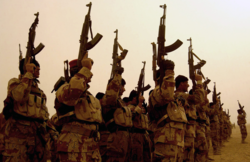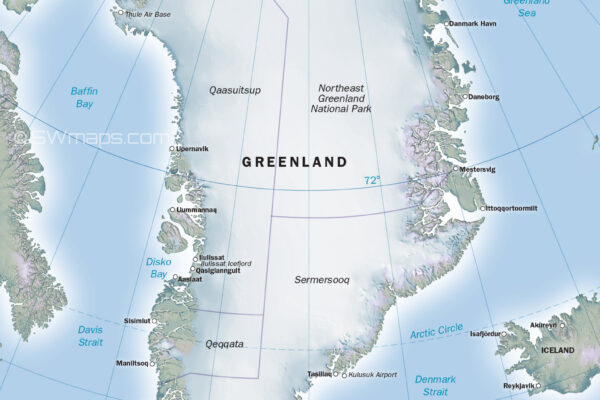
Introduction
The Iraq War, which began in 2003, remains a pivotal event in contemporary history, shaping international relations and the geopolitical landscape of the Middle East. Its significance stretches beyond the borders of Iraq, influencing global security policies, oil markets, and the dynamics of terrorism.
Overview of the Iraq War
The Iraq War was initiated on March 20, 2003, by a coalition led by the United States, under the premise of dismantling Saddam Hussein’s regime, which was accused of possessing weapons of mass destruction (WMD). Despite extensive military operations, no substantial WMD were discovered, leading to criticism and questioning of the war’s legitimacy.
Key Events and Developments
The war itself saw significant events such as the rapid fall of Baghdad and the subsequent insurgency that ensued. The initial phase of the invasion was marked by a fast-paced military campaign that resulted in the toppling of Hussein’s government. However, the aftermath presented a stark contrast, marked by sectarian violence, the rise of extremist organisations like ISIS, and a protracted struggle for power among various factions within Iraq.
A pivotal moment occurred during the surge of 2007, as U.S. forces increased their presence to stabilise the situation. Although this led to a temporary decline in violence, the long-term implications and the resurgence of sectarian strife and terrorism highlighted the challenges of achieving lasting peace and governance.
Impact on Iraq and Global Politics
The Iraq War has had profound and far-reaching consequences. On a national level, Iraq faces ongoing political instability, economic challenges, and humanitarian crises, with millions displaced and a fragile security environment despite the official end of combat operations in 2011 and the declaration of defeat of ISIS in 2017.
Globally, the Iraq War has reshaped perceptions of U.S. foreign policy and interventionism, with debates regarding the effectiveness and ethical implications of military intervention in sovereign nations. The event has also altered regional power dynamics and contributed to rising anti-American sentiment in parts of the Middle East.
Conclusion
The Iraq War serves as a historical case study regarding the complexities of military intervention and its aftermath. As the world moves forward, the lessons drawn from the conflict remain crucial for addressing contemporary conflicts and foreign policy strategies. The importance of understanding these events and their consequences cannot be overstated, as they continue to influence current international relations and security policies globally.
You may also like

Understanding the Significance of the Greenland Map

Current Events: What’s Happening in Iran

Qatar’s Growing Influence in Global Affairs
SEARCH
LAST NEWS
- Remembering Wendy Richard: The Promise to Co-Star Natalie Cassidy
- How Did Anglian Water Achieve an ‘Essentials’ Rating for Mental Health Accessibility?
- Shai Hope Leads West Indies in T20 World Cup Clash Against South Africa
- What We Know About Weston McKennie: Future at Juventus and Past at Leeds
- What We Know About the Upcoming Live Nation Antitrust Trial